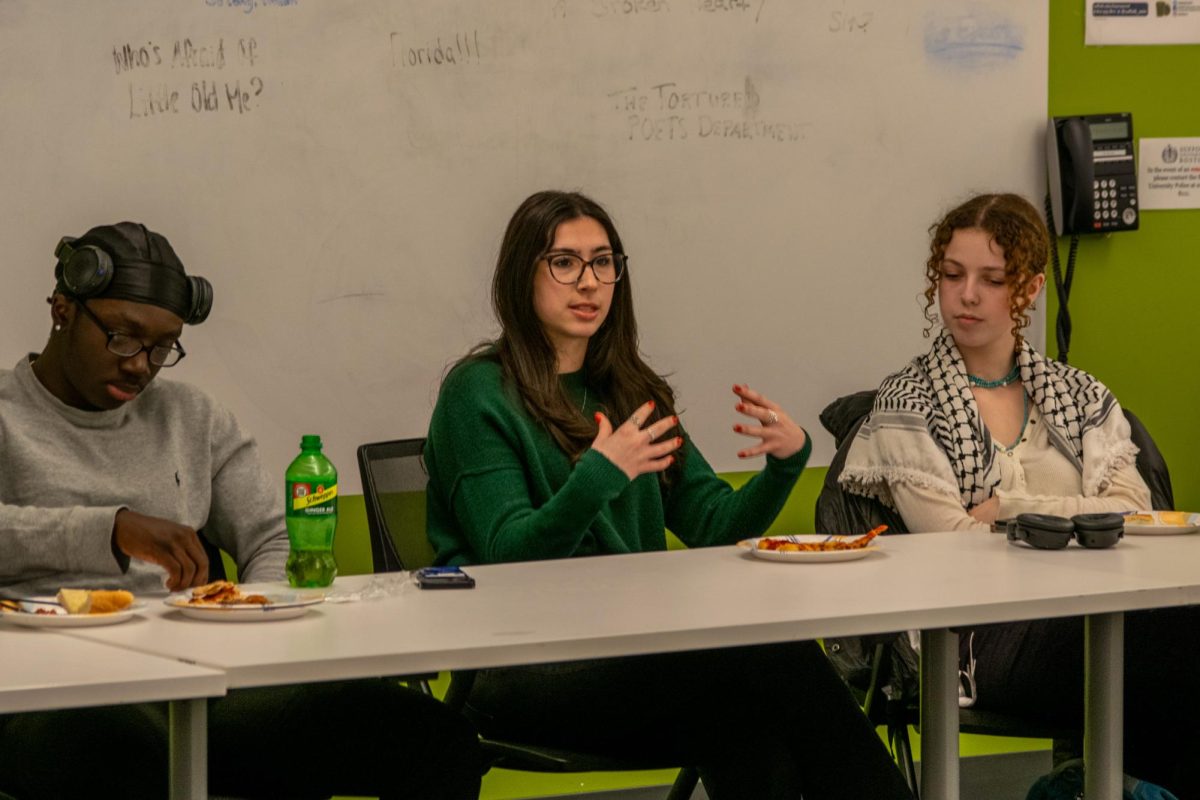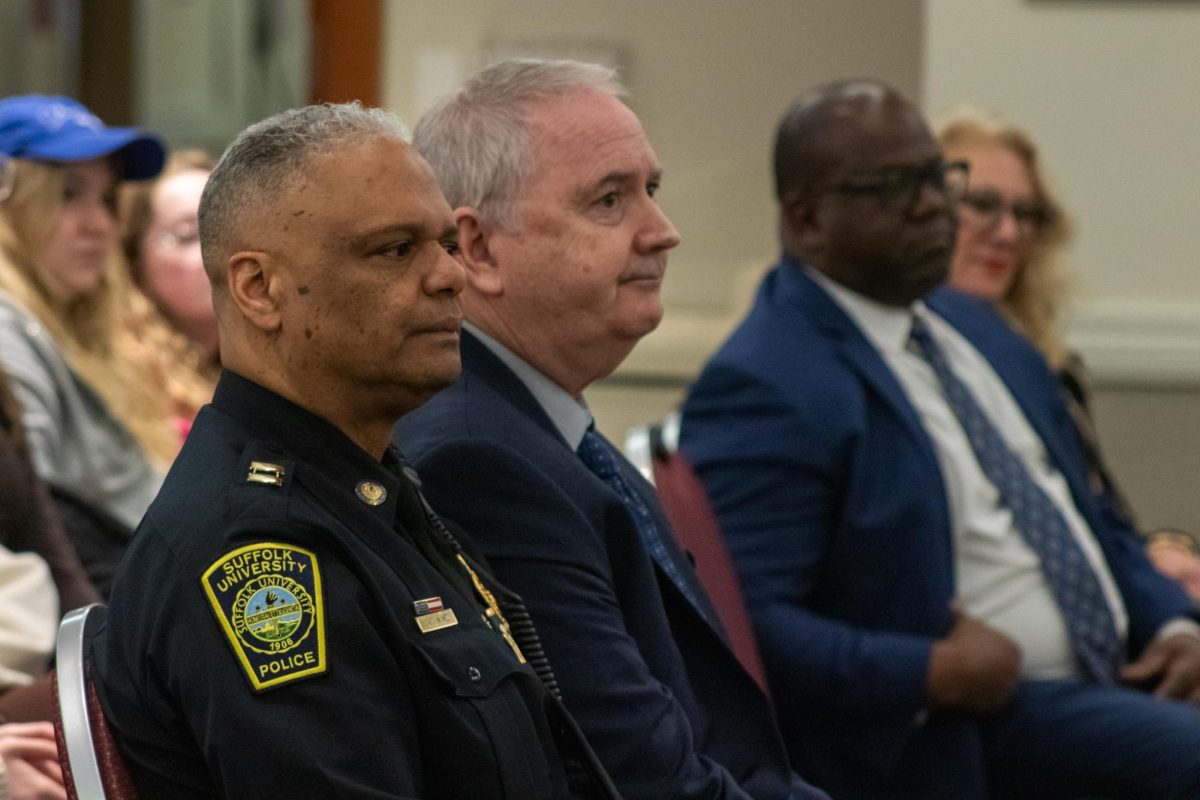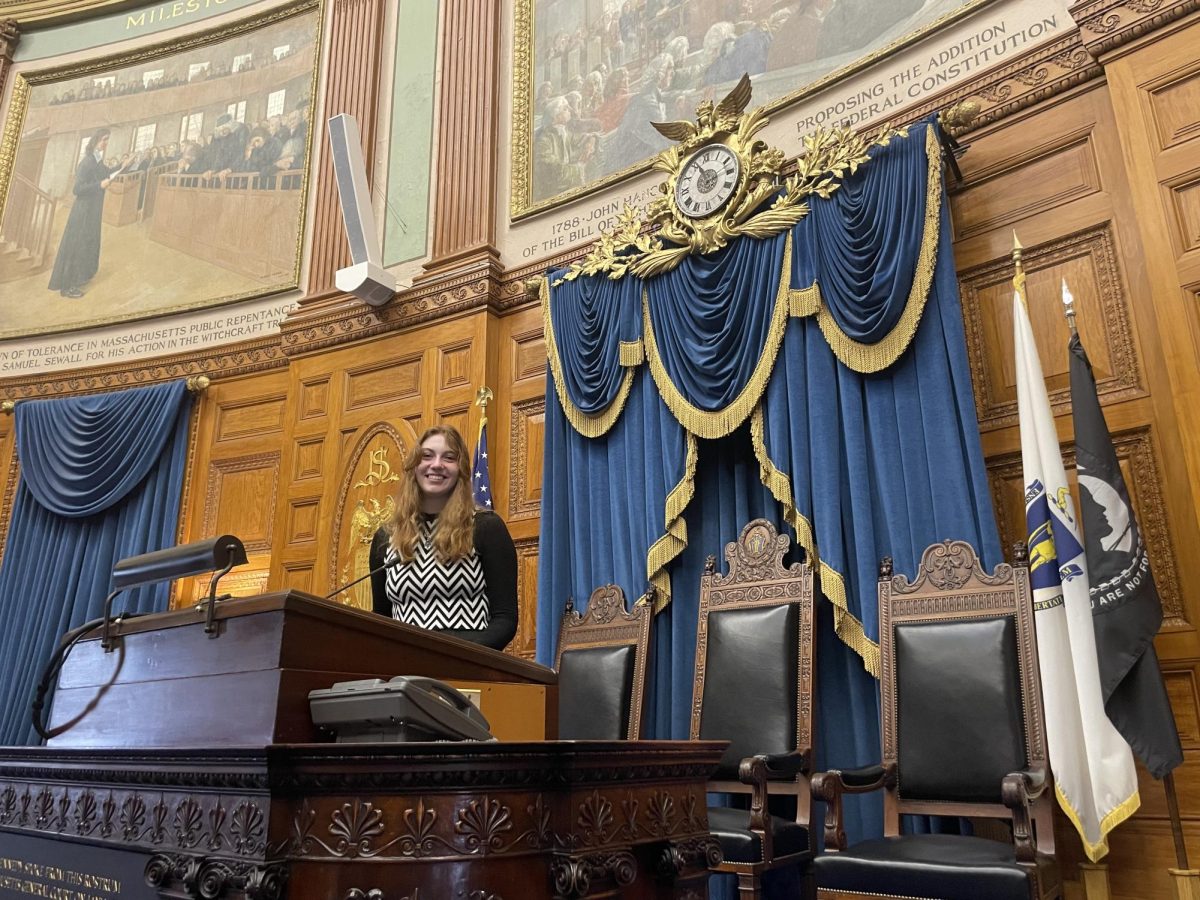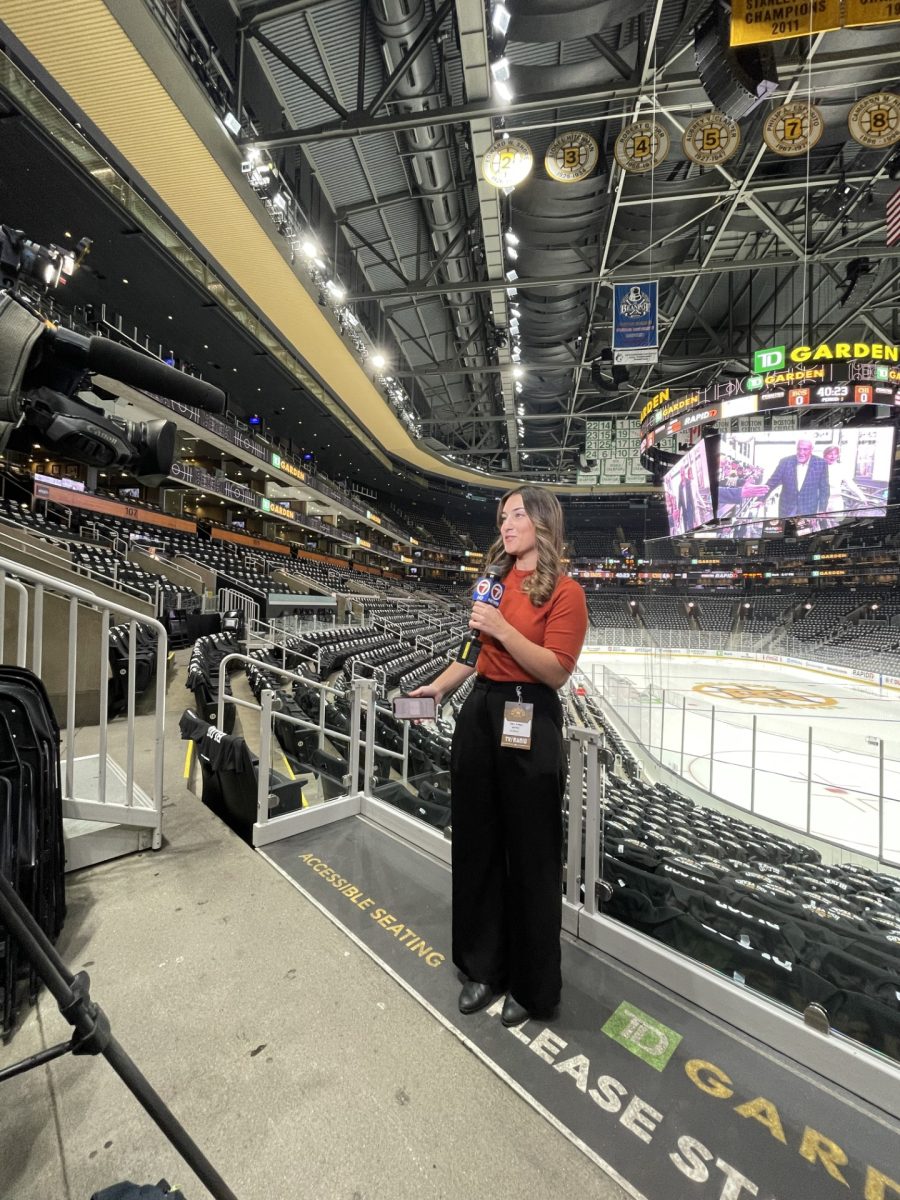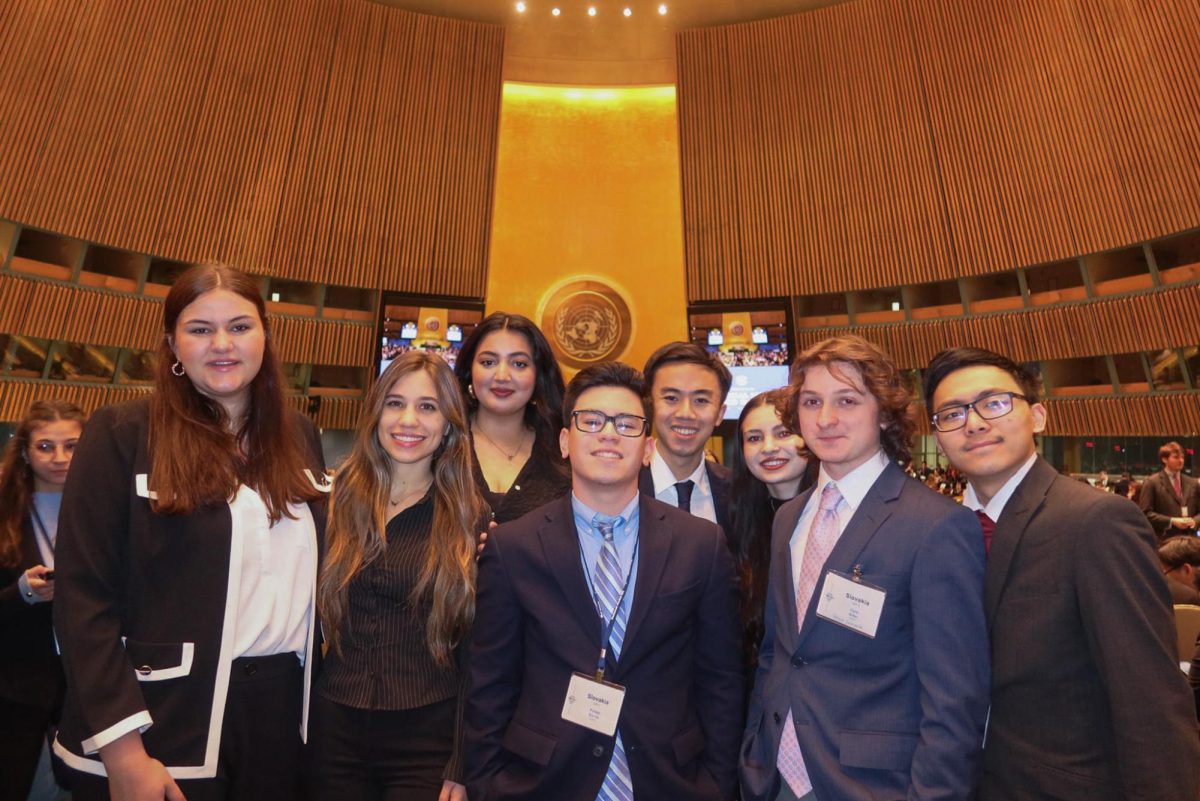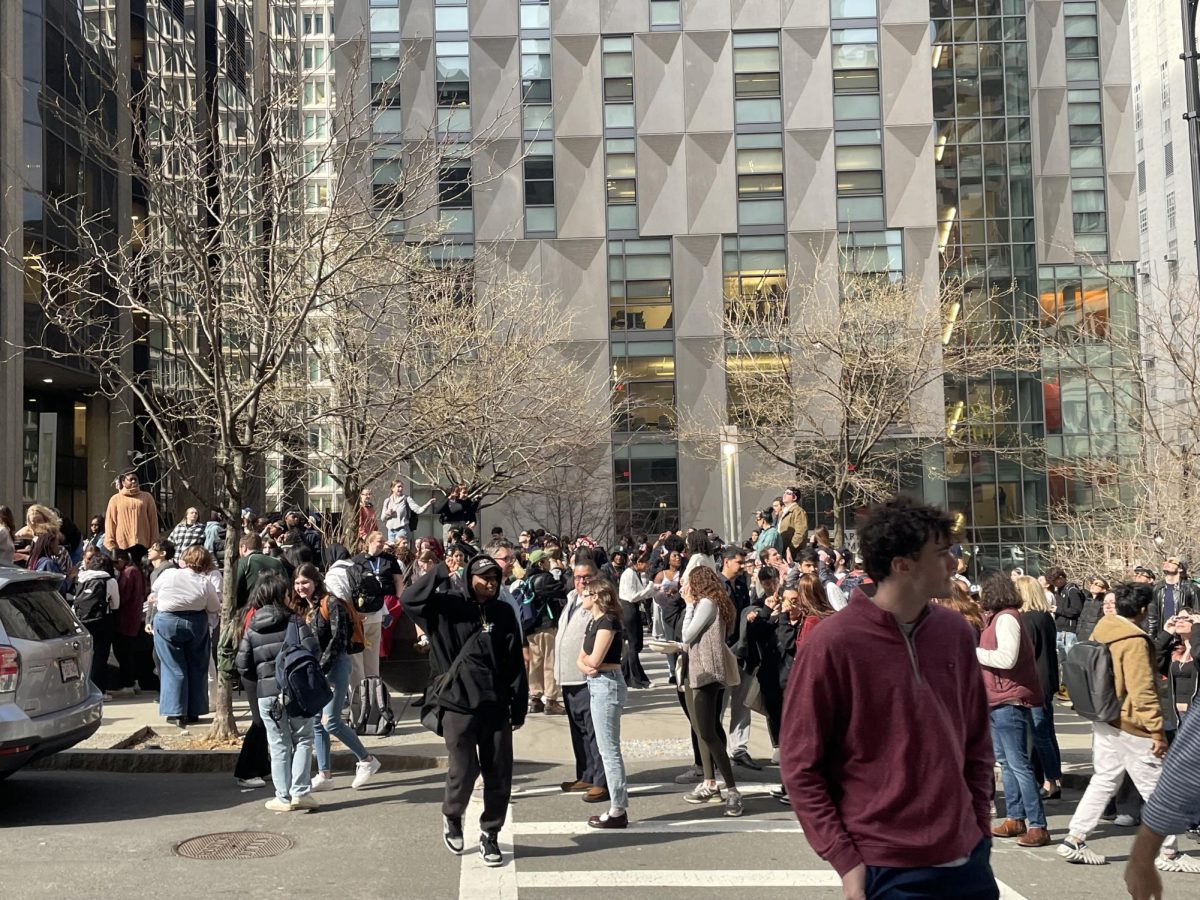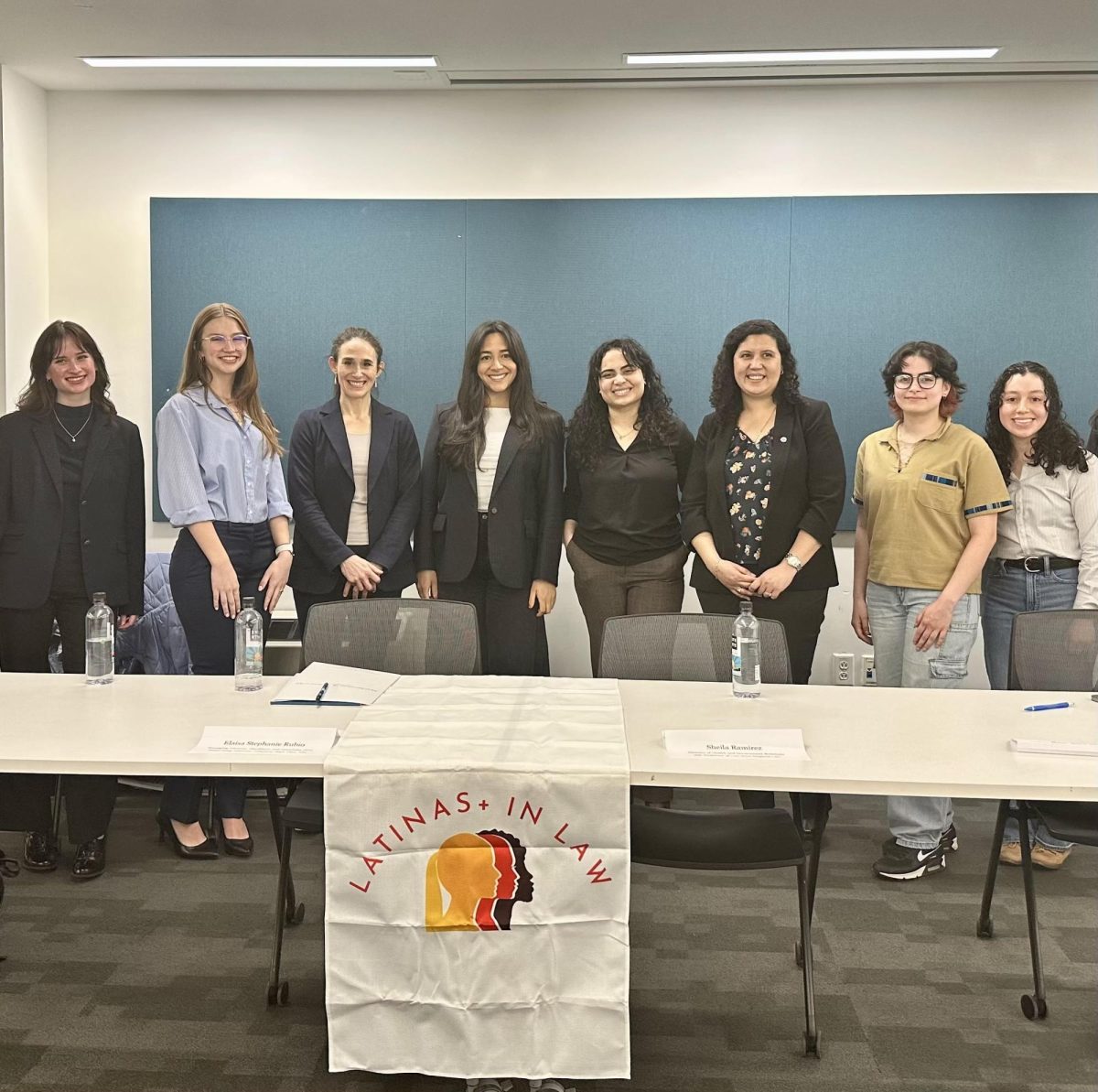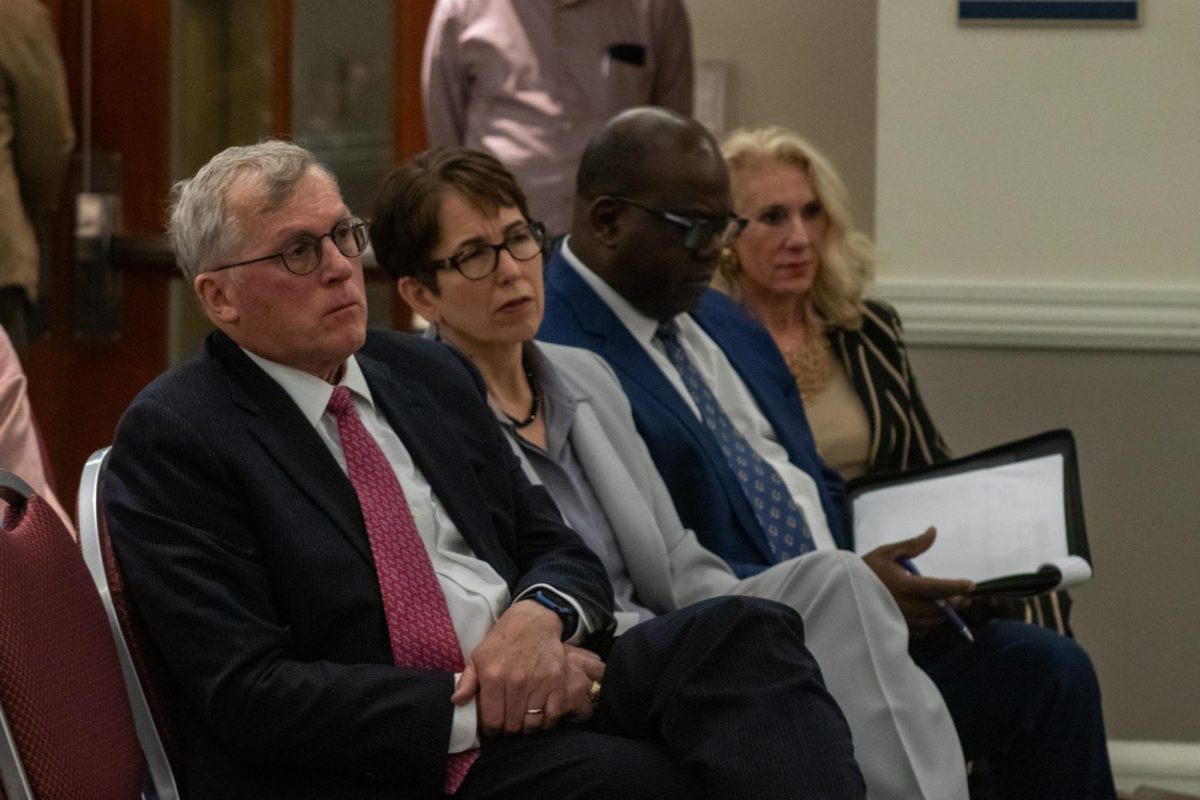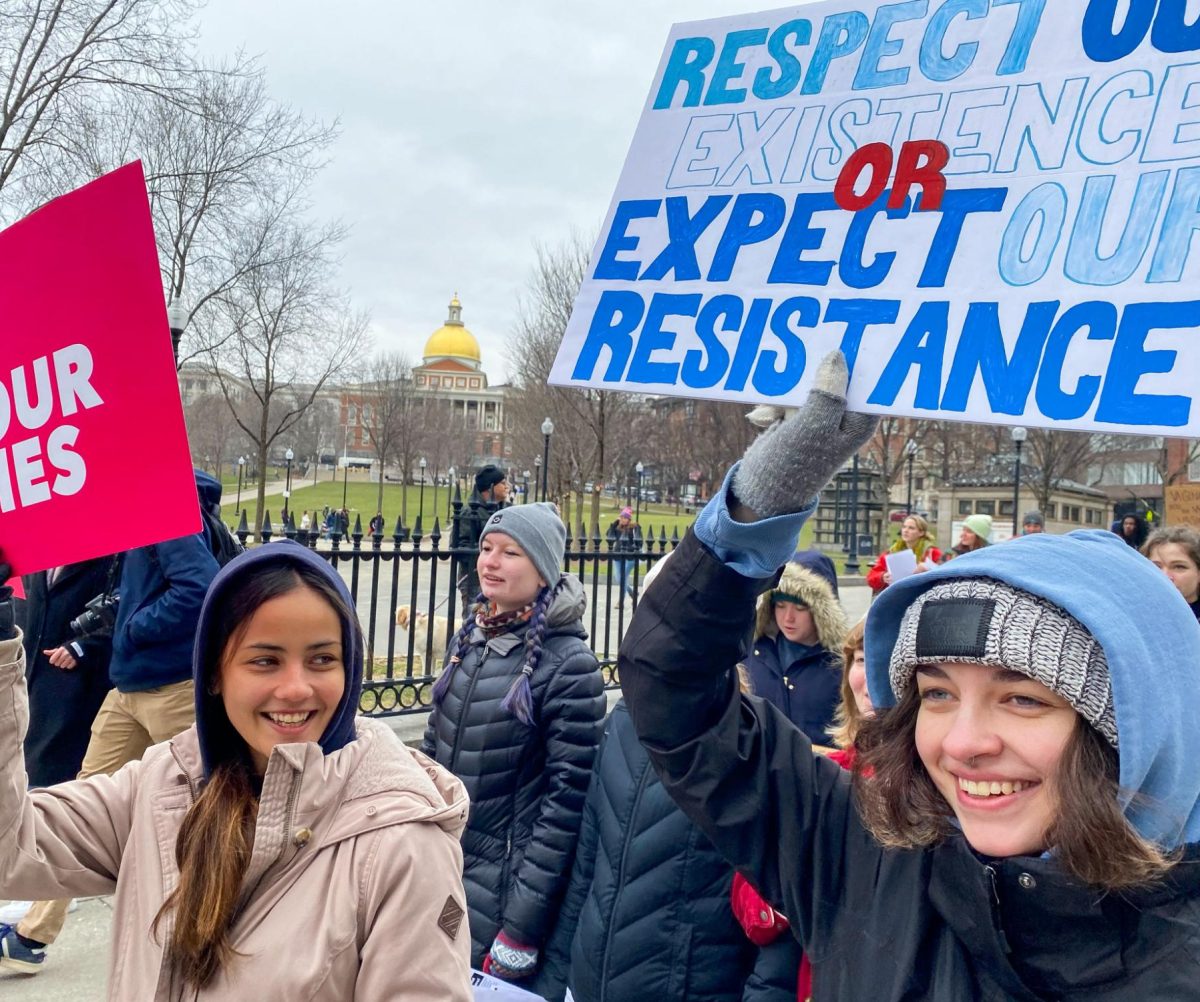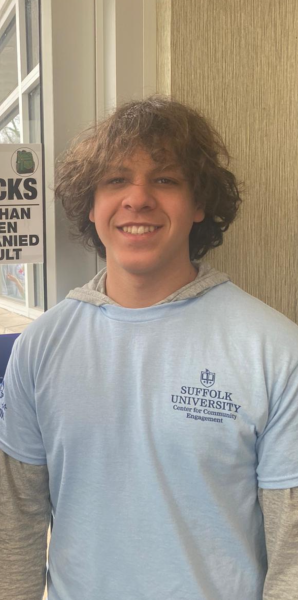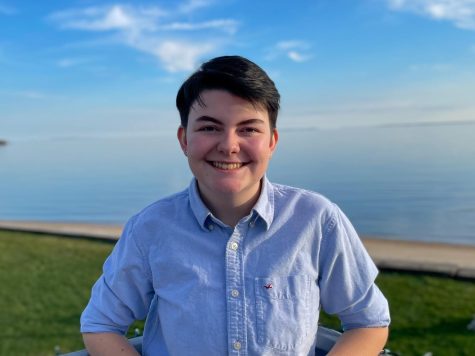Between the more than 100 clubs and organizations for students at Suffolk University, one thing is true for all: funding is essential.
For Suffolk’s clubs that fall under the umbrella of Student Leadership and Involvement, annual budgets are set by Suffolk Student Government Association’s Finance Committee, chaired by Treasurer Matthew Lee, which weighs many different factors to distribute funds.
“We decide on how they used their budget this past year, how much money we have, how many new clubs are joining us and their rationale for the funds they asked for,” said Lee.
As stated in SGA’s Constitution, the mission of the finance committee is to “recommend funding for recognized clubs and organizations, develop rules and policies for the distribution of funds from the Student Activities Fee and manage SGA accounts.”
There are nine total members on the committee: One student government senator from each academic class, four non-student government undergraduate students and the treasurer.
Every year, new and returning clubs fill out a budget request form and send it to the finance committee for review.
In addition to their budget, clubs can use the initiatives fund for extra money. This fund in total can range from $75k to $100k year to year. Clubs propose how they will use the funds and how much money they need. In their pitch, clubs need three different price points for their proposed activities in order to get approved. The finance committee will then vote on which price point to approve. Any amount over $4,999 must be presented to the entire SGA Senate.
Funding from initiatives is on a first-come-first-serve basis, so Lee recommended clubs get whatever money they need at the beginning of the academic year.
The performing arts clubs get their funding through the Performing Arts Office.
“Most arts clubs get their budget through tuition dollars, via the Performing Arts Office budget,” said Director of PAO Kristin Baker.
These clubs get funding differently, as any arts clubs that restrict membership, such as through auditions, are ineligible for funding through SGA.
The interior design club recently received funding for all club members to attend a fashion show through the initiatives fund. Some of the members had worked on a piece in the show. For some E-board members of smaller clubs and organizations on campus, money can feel tight at times.
“We wouldn’t change anything, but we wish the fund for smaller clubs was bigger,” said Shawn Gagnon, president of the interior design club.
New clubs on campus like Suffolk Psyched Out get funding a little differently. They don’t have a budget from SGA, so they attend meetings with the finance committee with budget requests. Once a new club takes the steps needed to receive a budget, they are typically given a $1000 starter budget, as Psyched Out President Shivani Patel said.
“It can definitely be challenging at times, especially with scheduling the meetings and making the budget quotes each time, but generally it is a smooth process in getting approval and placing orders,” said Patel.
Looking to next year, Joshua Durand, current president of the Filipino Student Association and SGA Senator, will be the next SGA treasurer. Durand said he hopes to streamline the process and offer more support for student leaders.
“While it is relatively easy, I think it is very confusing to many students as this information is hard to find. My first year as treasurer for my club, I was denied funds as I did not know there needed to be three price points for the finance committee to decide from,” said Durand.





